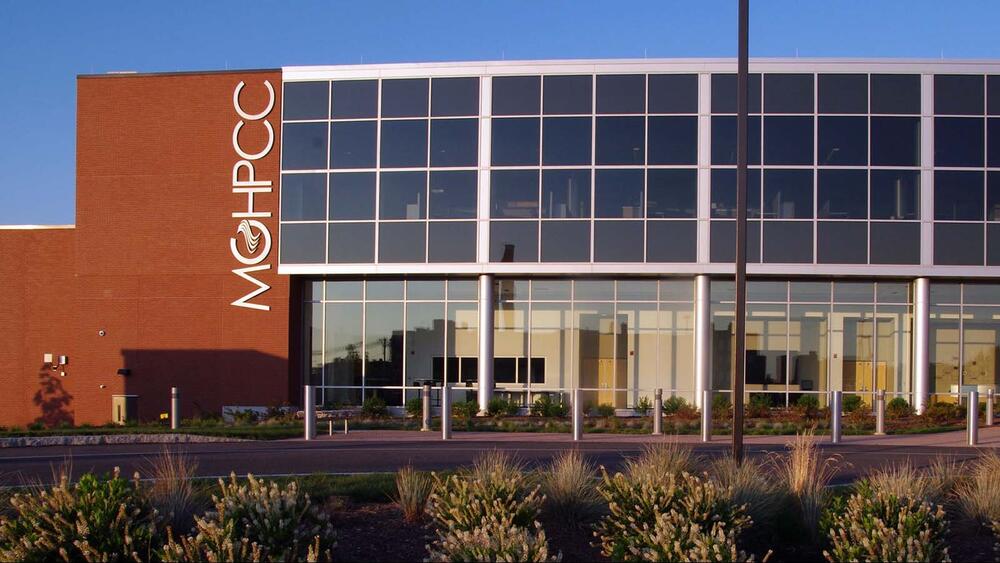
State announces funding for AI projects in Boston and Western Mass, new director for Massachusetts AI Hub
Read the press release at mass.gov
Boston — Today, during IBM’s Think 2025 conference in Boston, Governor Maura Healey announced major updates on the state’s effort to grow the artificial intelligence ecosystem in Massachusetts through the Massachusetts AI Hub. The Governor announced a $31 million state grant to expand access to sustainable high-performance computing that is necessary for AI innovation, the hiring of the first director of the AI Hub, and the exploration of a new partnership between the AI Hub, IBM and Red Hat to create a startup accelerator program for entrepreneurs to develop AI technologies and build cutting-edge AI businesses.
Governor Healey launched the Massachusetts AI Hub, a groundbreaking effort to make Massachusetts a national leader in artificial intelligence innovation, in December 2024. This pioneering initiative leverages resources authorized in the Mass Leads Act to support AI initiatives and drive cutting-edge collaboration between government, industry, startups and academia, pursue solutions to the world’s most critical challenges, and unlock economic opportunity for businesses and residents across the state.
“We are grateful to IBM for choosing Massachusetts for its global 2025 Think conference and we look forward to working together to strengthen Massachusetts’ rich network of investors and organizations focused on supporting AI entrepreneurs,” said Governor Healey. “Along with the investments we are making in the Massachusetts AI Hub, we are leveraging the expertise and resources at our disposal to advance the sector by promoting knowledge sharing and investing in intentional spaces for collaboration. Together, we’re positioning Massachusetts as a global leader in applied AI and creating a cohesive ecosystem that is innovative, responsible and has a high impact on our state’s economy."
“The Massachusetts AI Hub will encourage companies and thought leaders to come together to solve the big challenges facing our world using AI,” said Lieutenant Governor Kim Driscoll. “Like so many other sectors of our technology and innovation economy, AI has the potential to change the way we live while also creating new, exciting partnerships. It’s necessary that we support this growth through centers of learning to bring people together.”
Through the $31 million grant, the Healey-Driscoll Administration is partnering with Massachusetts Green High Performance Computing Center (MGHPCC) to create the Artificial Intelligence Compute Resources (AICR) environment at MGHPCC to supply the compute and data capacity necessary for AI innovation. AICR will allow public and private higher education institutions, startups and businesses in the innovation ecosystem, and the residents of Massachusetts to access vital AI infrastructure.
AICR also cements a partnership between the state and MGHPCC’s six member universities, Boston University, Harvard University, Massachusetts Institute of Technology, Northeastern University, University of Massachusetts, and Yale University, to apply AI-driven innovation to specific sectors of the economy. Over the next five years, the partnership is expected involve joint investments from the Healey-Driscoll Administration and the MGHPCC universities that will reach an estimated $120 million investment with the potential to grow.
"It is great to see these new steps in the development of the Massachusetts AI Hub,” said John Goodhue, MGHPCC Executive Director. “The MGHPCC and its member universities are excited to be a part of this effort by the Healey-Driscoll administration to bring the combined energy and insights of government, industry and academia together to deliver near term progress, tempered by a long-term view, toward leadership in productive and responsible use of AI."
Related
Massachusetts AI Hub Coming to the MGHPCC (MGHPCC News)